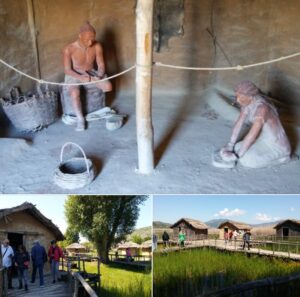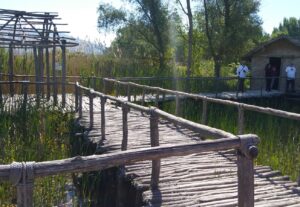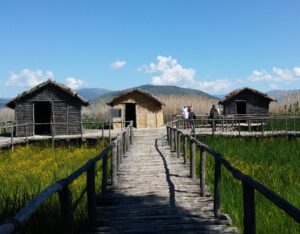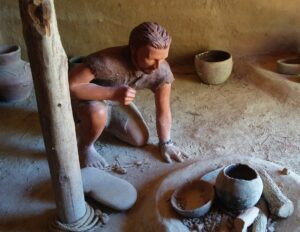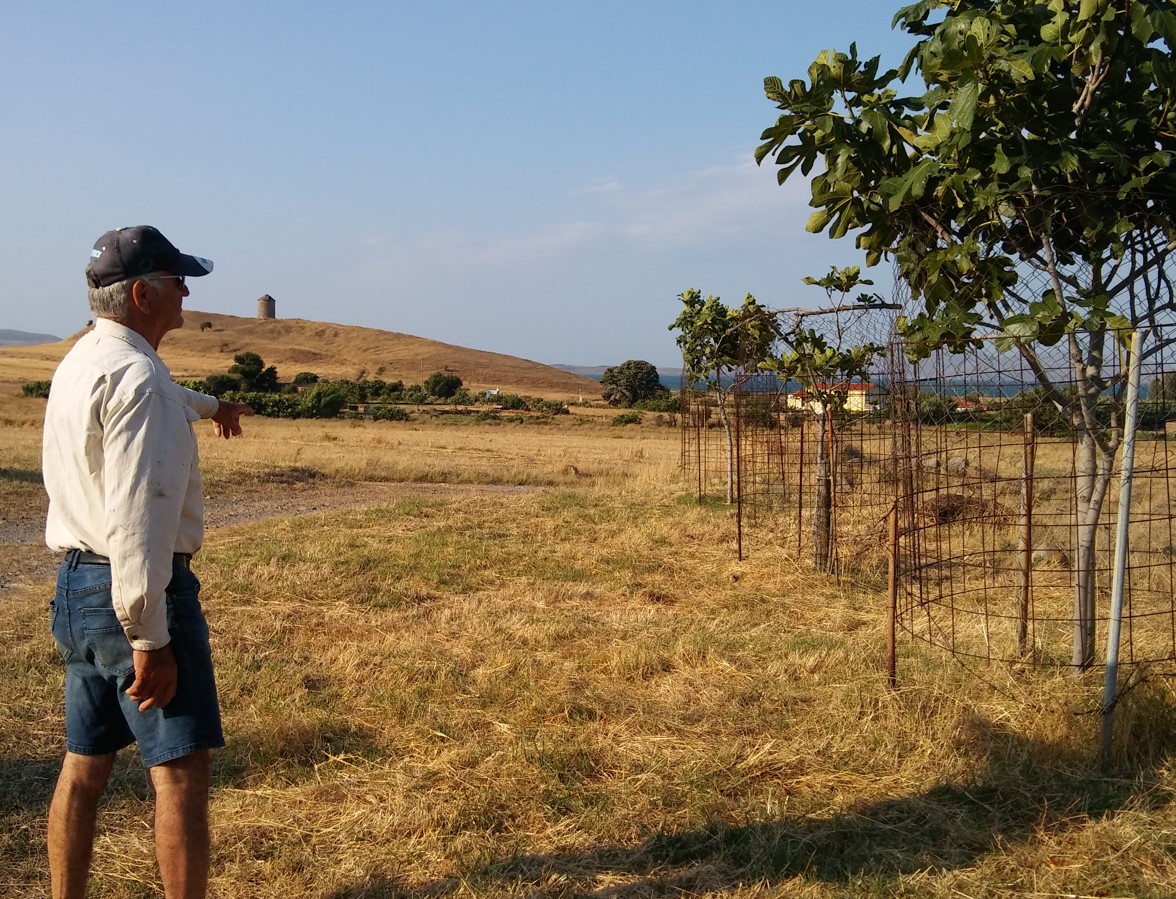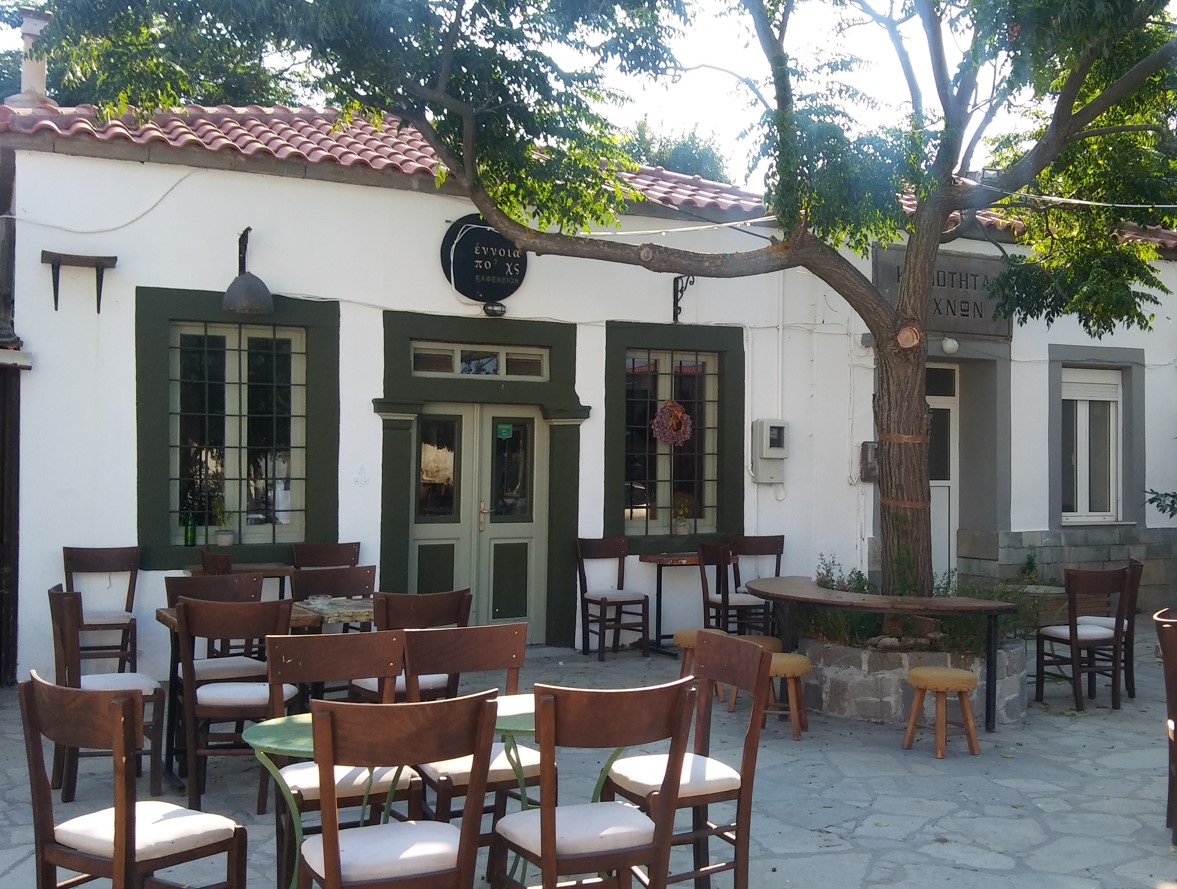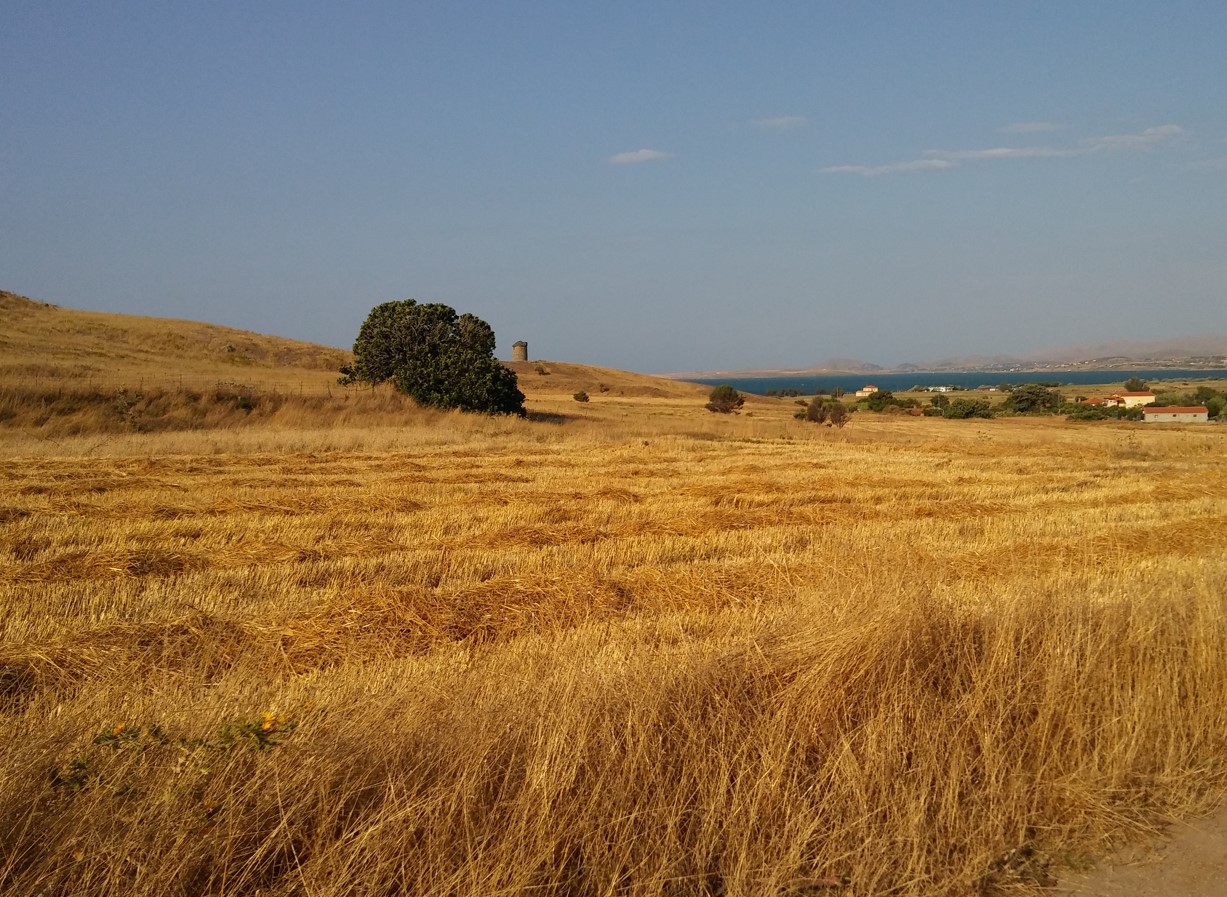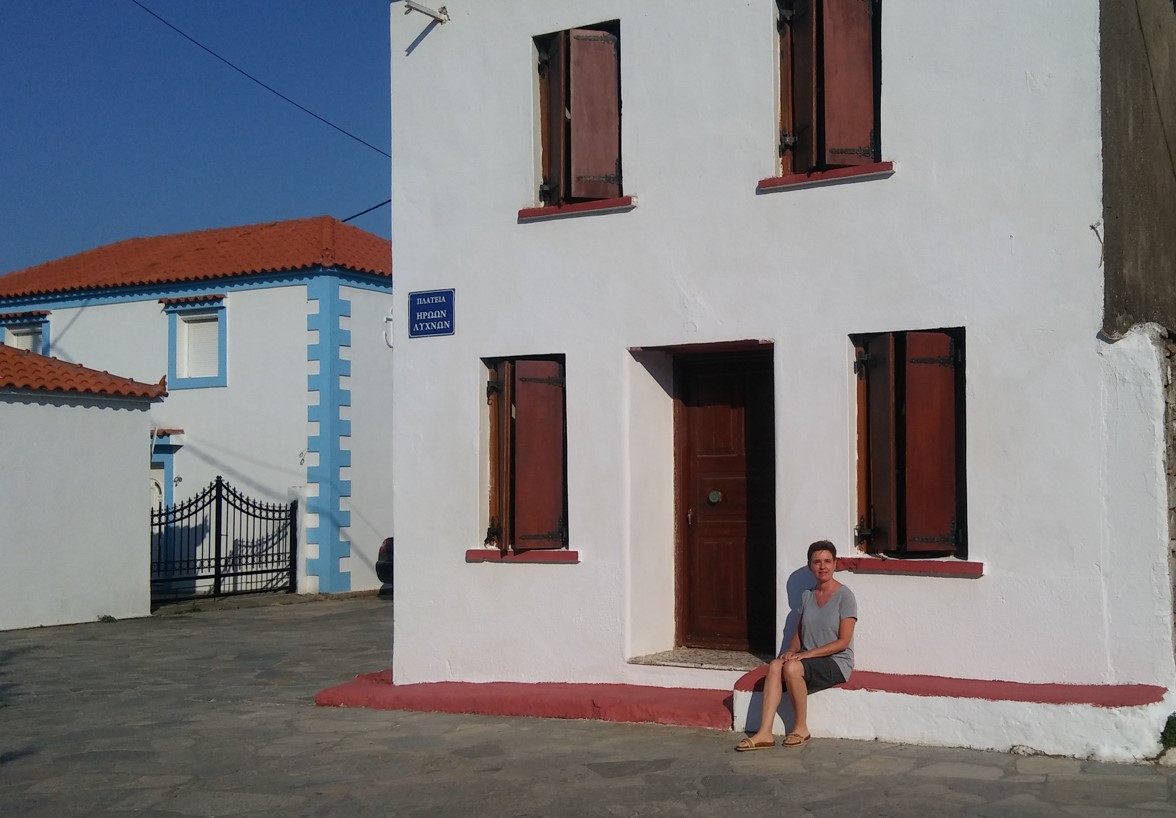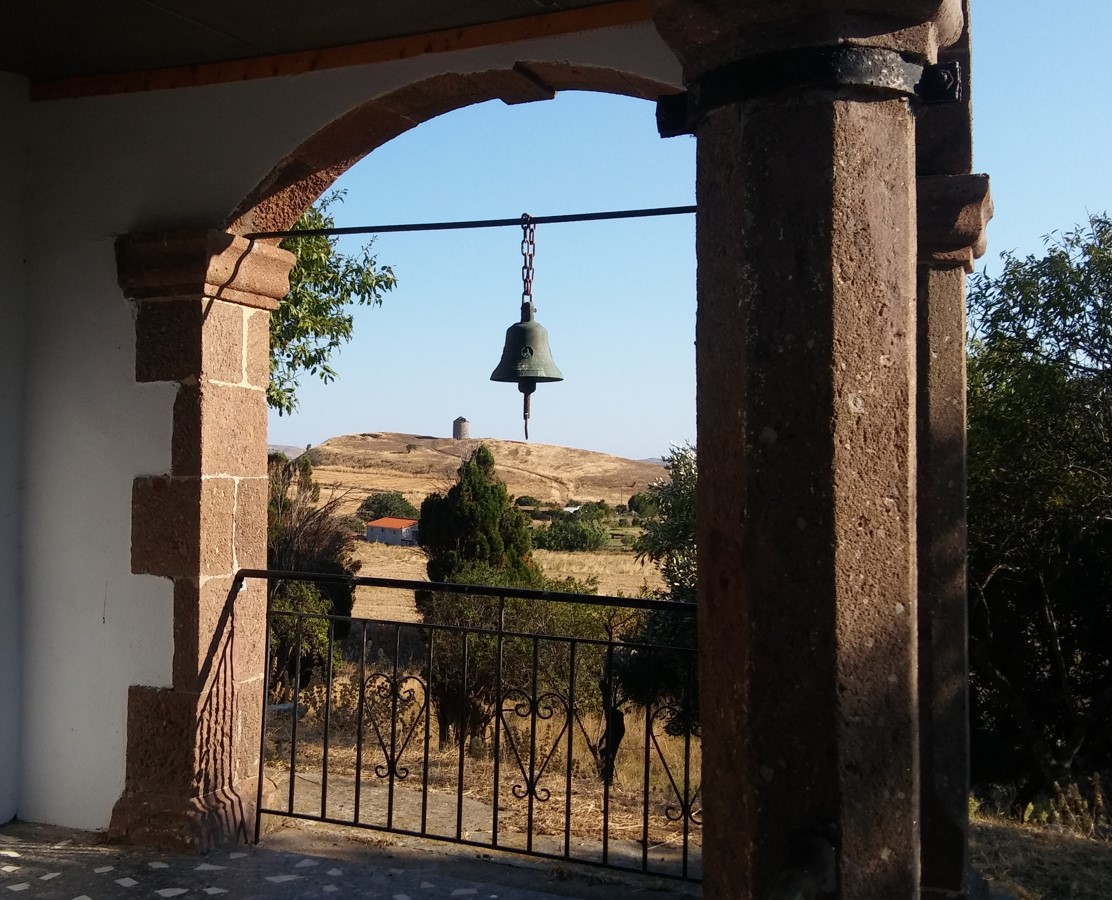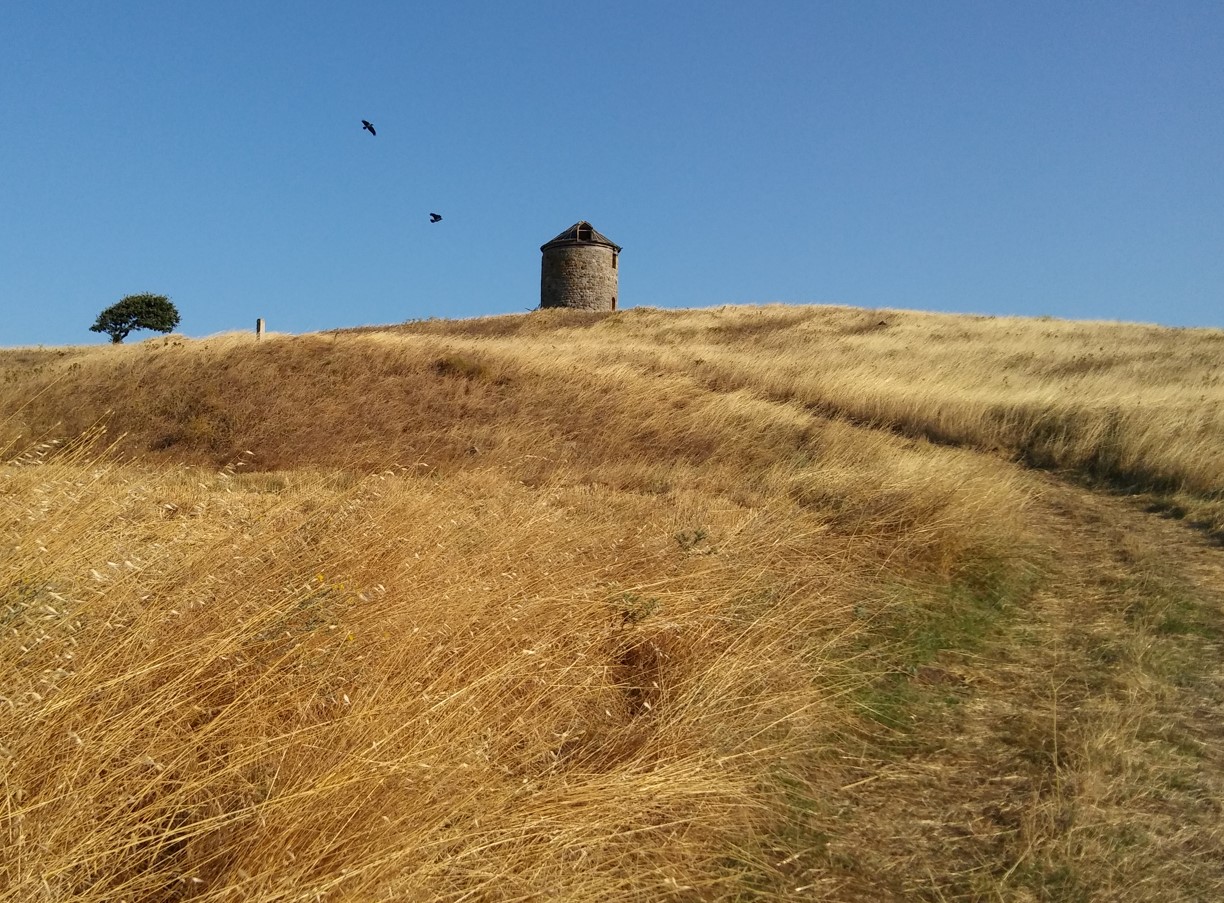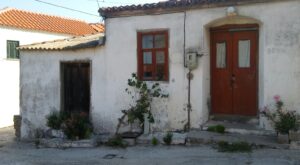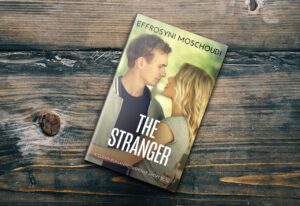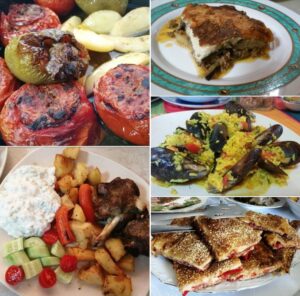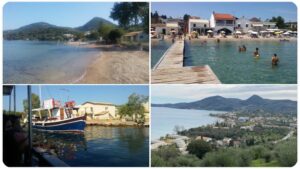Good morning, everyone! Thrilled to share today about the oldest lake settlement in Europe. 7,600 years old! It is in Dispilio, on the lake of Kastoria.
I am off soon to the island of Limnos on vacation and reminiscing about my last visit there, back in 2020. I went to visit my father at our family home in the village of Lychna. Scroll down to see some of my photos. I hope they will bring sunshine to your day!
SEE ALL THE PHOTOS
A community of farmers and stockbreeders, 7,600 years ago…
I visited the area of Dispilio during my stay in Kastoria where I spent Easter this year.
Dispilio hosts an amazing Neolithic settlement on the lake of Kastoria.
It was fascinating, set in such a lush setting.
The huts are made of mud from the lake and straw – just like the farmers used to make them in the neolithic era. Inside, dummies and replicas bring their world to life.
As the visitor wanders from hut to hut using the wooden walkways, in places, they’re actually walking over water, as you can see in the picture below.
Here is a short video of the settlement. The birdsong is busy and so sweet!
The phenomenon of settlements in prehestoric times on or beside lakes was first discovered in the 19th century where archaeologists found remains of such settlements on alpine lake regions in Switzerland and Germany.
References of such settlements in the north mainland of Greece are made largely in the work of ancient historian, Herodotus.
In 1932, during a dry winter, the water in the lake receded enough in Dispilio to reveal old wooden stakes – thus, for the first time indicating the presence of an ancient settlement on the lake.
In 1935, archaeologist Antonios Keramopoulos began preliminary excavation works, which, however, stopped quickly, as World War II was looming.
Finally, the settlement in Dispilio was officially found in 1992, during the excavation led by archaeologist Chourmouziadis.
Since then, other lake settlements have been investigated in the lakes of Florina, Lake Ochrid and in lake areas of North Macedonia and Albania.
Still, the lake settlement of Dispilio is the oldest one in Europe. 7,600 years old!
The population of the settlement in Dispilio were farmers and stockbreeders. They seem to have settled there in the Late Neolithic period (5612 BC – 5594 BC) and continued to reside in this area for another 2,500 years, until the end of the Neolithic period, in successive phases of habitation.
Everything the visitor encounters in the huts today are either replicas of actual finds or basic everyday items that help to bring this ancient world to life. The original artefacts are housed in the museum in Dispilio.
The excavation yielded many important finds that speak volumes for the lifestyle of this prehistoric population. These include:
-
Tools made of stone, bone and flint that indicated they were farmers, hunters and fishermen
-
Large clay storage jars and woven baskets
-
Cooking utensils, many of which boat-shaped
-
Jewellery made of bone and stone
-
A bone flute (one of the oldest musical instruments to be found in all of Europe)
-
Ceramics, wooden structural elements, seeds, bones, figurines and personal ornaments. The most famous figurine is The Lake Lady. It is made of clay and has the form of a pregnant woman.
The most incredible find of all is The Dispilio Tablet, an engraved wooden plaque found at the bottom of the lake dating back to 5260 BC and believed to be an early form of the written word that precedes Linear A (this hasn’t yet been decoded either).
Some of the symbols on the Dispilio Tablet are identical to ones found engraved on clay in other settlements in the Balkans.
On vacation mode (AKA Limnos, here I come!)
I am doing something new this year. I am not going to Corfu.
The photos I put together to show you today are all from my last visit there in 2020. My house is in the village of Lychna.
The village is tiny and only has one eaterie, but it happens to be one of the coolest and most sought after on the island. It has the strange name Ennoia Po’chs, which is incomprehensible even to the average Greek as it’s a saying from the local vernacular.
The proper Greek words would be ‘Ennoia pou eheis’ (loosely translated as ‘What do you care?’)
Even the people of Lychna need to prebook in this place as people come from all over the island every night. In one of the photos above, you can see its seating area and facade in our village’s tiny square. In another photo, you can see me sitting on the ledge of my grandfather George’s house (my dad’s dad). This house is across from the eaterie on the same square. It was passed on to aunties, and in time, to cousins of mine.
In another photo you can see my father showing me a series of fig trees he planted along the country road outside his property. He planted trees of various kinds in many parts of the village. I look forward to coming across them during my walks this August. I miss him beyond words every day, and the sight of these trees will provide much comfort in many years to come as they grow all the more bigger and taller.
The houses at Lychna are beautiful, built in the northern Aegean style – tall, with beautiful colours, patterns, and woodwork on their facades. But, somehow, the most enchanting to me is this tiny village house that I found hidden, like a gem, as I wandered around the village lanes. I included a photo of it above so you can take a peek. Such a humble beauty.
Lychna is a quiet place, all dressed in golden yellow in the summer. The dried wheat fields are dazzling under the strong sunlight, stretching far, all the way to the cobalt blue sea. I love these views. And the serenity is amazing. All you can hear all day is the rush of the wind at times, the clinking of the cow bells, and the clucking and crowing of hens and cockerels.
To be honest. I don’t particularly like the cockerels in the village as they wake me up from 6 a.m! But their crowing is lovely to hear at any other part of the day. So rustic haha
YOU KNOW WHAT THEY SAY… SHARING IS CARING! Tweet this to spread some love:
Interested in travel, food and books from Greece? Here's a blog you will love! #Greek #blogger #writer Share on X
3 FREE books for you! Sign up below to receive them instantly!
NEW! Clean Christmas romance. Single mother Cathy Roussos gave up on love long ago, and veterinarian Alex Rallis doesn’t believe in it, but one magical Christmas on a Santorini farm might just change everything…
Check it out on Amazon Read a FREE sample!
A clean romantic suspense short read with an unreliable narrator that’ll keep you guessing! Vera is losing her mind over famous actor Yannnis Ksenos, except, she isn’t just a fan… Now, she plucks up the courage to ring his doorbell… Visit Amazon

